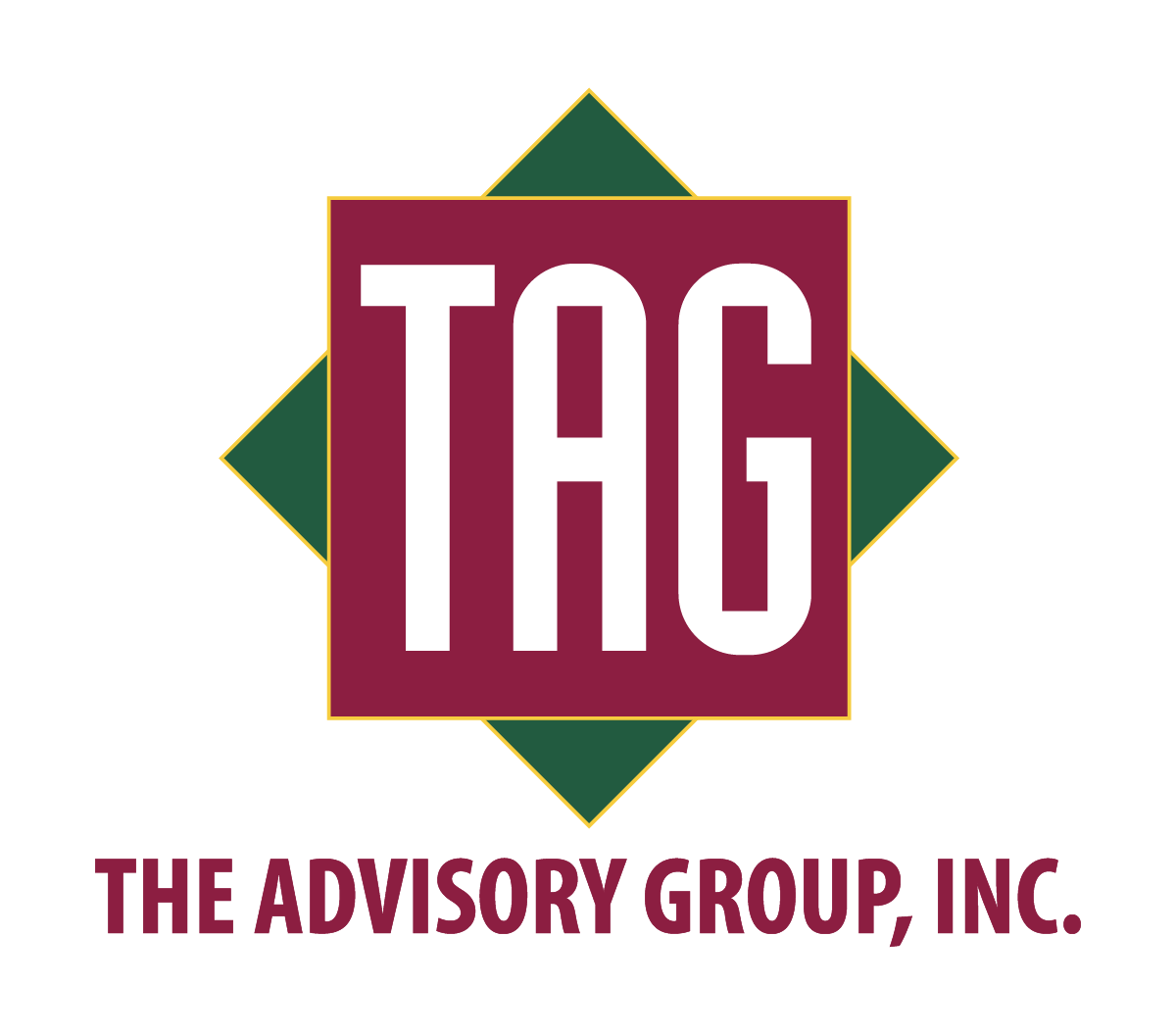Consider Taking Steps to Manage Your Financial Future Today
With healthcare costs on the rise, American retirees must prepare to afford significant health and medical expenses in retirement. While strategizing ways to cover retirement healthcare costs isn’t new, many retirees today are finding themselves without access to the employer- or union-sponsored retiree health benefits that previous generations depended on. This means that Americans who are currently planning for retirement need to be sure they are adequately prepared for the impact that healthcare costs may have on their long-term financial security.
Use the tips below to empower yourself to meet future costs through smart preparation now.
By the Numbers: Retirement Healthcare Costs
Fidelity recently reported that a 65-year-old couple retiring in 2022 could expect to pay an average of $315,000 on healthcare and medical expenses throughout retirement – a 5% increase from the previous year. Increasingly longer lifespans, coupled with younger retirement ages and healthcare inflation, make this hurdle more challenging as the years go on. Rather than assuming Medicare will cover all your retirement healthcare costs, it’s best to commit to making efforts now to create a specific plan. The tips below will get you started.
#1. Account for Healthcare Costs When Creating Your Retirement Budget
It’s important for retirees and near-retirees to consider the potential impact of healthcare costs on their savings. Since you’ll most likely be paying for both your premiums and any out-of-pocket medical costs, failing to properly budget for healthcare can be detrimental to your long-term financial health. Be sure to research the various options available to you when it comes to healthcare, as well as how much they’ll cost you so you can accurately adjust your retirement budget to reflect the reality of your needs.
#2. Empower Yourself by Learning More About Healthcare Premiums
While there are many options when it comes to healthcare plans and premiums, they can generally be broken down as follows:
Medicare or Medigap
If you’re looking for insurance to cover costs that aren’t covered by basic Medicare, then you may want to look into purchasing a Medigap or Medicare Advantage Plan. One important thing to note, however, is that Medigap won’t necessarily cover the costs of dental, hearing, and eye care so you may have to budget separately for that.
Medicare Part B
Any premiums through this option will be tightly tied to your income. For 2022, anyone who earned $97,000 or less paid $164.90 for their monthly premium. If you earn more than that, then your premium will be higher depending on how much you make.
Advantage Premiums (Medicare Part C)
On top of providing coverage for dental, hearing, and eye care, Medicare Advantage policies also include coverage for prescription drugs making them a smart option for tackling retirement healthcare costs. However, it’s important to do your research before signing up because these policies don’t always cover expenses related to recurring conditions or extended hospital stays.
Medicare Part D
This coverage primarily pertains to self-administered prescription drugs, which can significantly cut retirement healthcare costs for retirees on maintenance medications. However, it doesn’t cover all drugs, so you’ll want to do your research to make sure that any prescription drugs you currently take are covered.
Long-Term Care Insurance Premiums
One of the most significant retirement healthcare costs is long-term care, which approximately 70% of retirees will require. Long-term health care insurance may be a suitable option for you if you want to have some assurance that costs associated with long-term care could be covered. Policies are costly, however, and are not the best strategy for everyone.
#3. Prioritize Your Health
None of us have full control over what happens to our health as we age. However, living a healthy lifestyle can help you avoid unnecessary retirement healthcare costs and mitigate the burden of medical bills. Aim to get at least 30 minutes of exercise per day and try to incorporate as many natural and healthy foods into your diet as possible. In addition, make sure that you see your doctor regularly to catch early warning signs of disease. Not only will these steps help to reduce your retirement healthcare costs in the long run, but they also tend to provide you with a better quality of life overall.
#4. Be Smart with Your Distributions
While it’s true that high-income earners will have to pay more for Medicare premiums, there are ways to make the system work for you. When formulating your premium, Medicare doesn’t count distributions from HSA accounts, Roth IRAs, or cash value from life insurance policies. So, you may be able to offset your high premiums by managing your distributions in more tax-efficient ways. This can be complicated to calculate, so it may be a good idea to sit down with a professional tax advisor to figure out what tax strategy is best for you.
Plan for Retirement Healthcare Costs to Minimize Their Potential Impact on Your Financial Security.
Considering the increasing costs of healthcare for retirees, planning ahead may help address the potential financial impact on your overall well-being. As you work on developing a retirement planning strategy tailored to your situation, it’s important to take various factors into account, such as healthcare.
Illuminated Advisors is the original creator of the content shared herein. I have been granted a license in perpetuity to publish this article on my website’s blog and share its contents on social media platforms. I have no right to distribute the articles, or any other content provided to me, or my Firm, by Illuminated Advisors in a printed or otherwise non-digital format. I am not permitted to use the content provided to me or my firm by Illuminated Advisors in videos, audio publications, or in books of any kind.






